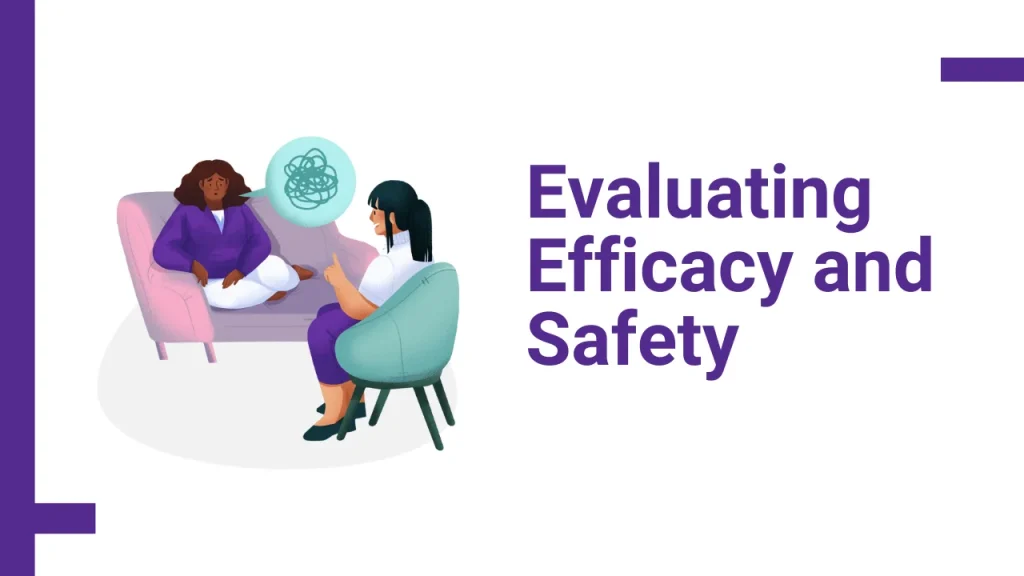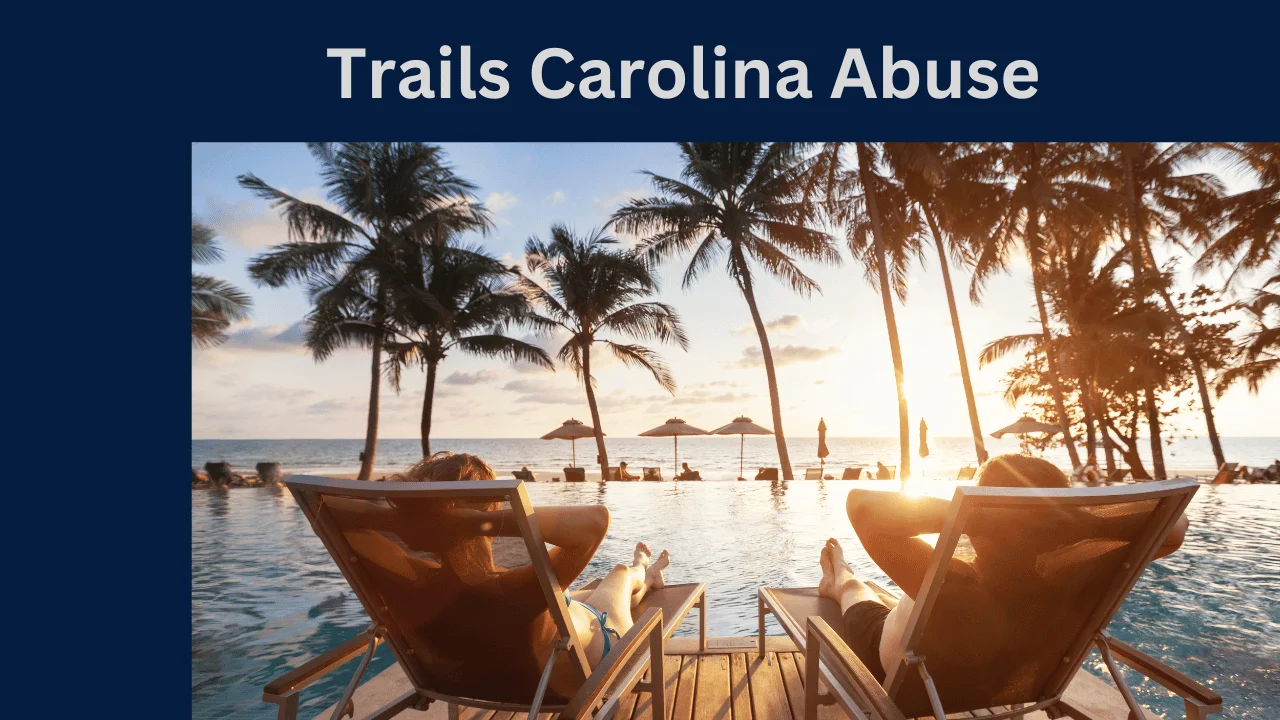In the realm of therapeutic interventions for troubled teens, wilderness therapy programs have emerged as a notable approach. Among them, Trails Carolina Abuse nestled in the serene Blue Ridge Mountains of North Carolina, stands out. This wilderness therapy program is designed to aid teens in overcoming challenges and embarking on a journey towards growth and healing. However, alongside numerous success stories, there have surfaced disturbing accounts from former students, painting a picture of alleged abuse and negligence.
Trails Carolina Abuse Stories
The Nature of Allegations:
These horror stories often revolve around claims of abusive behavior by staff members, encompassing both physical and emotional abuse. Reports detail students being subjected to physical restraints, solitary confinement, and strenuous labor without proper equipment or supervision. Shockingly, some claim they were denied basic necessities like food, water, and medical attention.
Wilderness Dangers:
Beyond abusive treatment, tales of perilous conditions in the wilderness abound. Former students recount experiences of exposure to extreme weather conditions without proper clothing or shelter, and the presence of dangerous wildlife, including bears and snakes. Incidents of injuries sustained during outdoor activities such as rock climbing and hiking have also been documented.
Examination of Abuse
1. Abusive Behavior:
Allegations of physical and emotional abuse raise significant concerns about the safety and therapeutic environment of the program. If true, these behaviors not only endanger the health of students but also undermine the credibility of Trails Carolina.
2. Perilous Wilderness Conditions:
The accounts of students exposed to harsh weather and dangerous wildlife without adequate protection are alarming. Such conditions could lead to traumatic experiences and physical harm.
3. Injuries During Outdoor Activities:
Safety should be the top priority in wilderness therapy. Reports of injuries during outdoor activities suggest a potential lack of proper training and supervision.
4. Neglect of Basic Needs:
Allegations of students being denied food, water, and medical attention contradict the ethical standards expected in a therapeutic program.
Evaluating Efficacy and Safety

Wilderness Therapy:
Wilderness therapy, like that offered at Trails Carolina, aims to provide a transformative experience for troubled youth. The method combines outdoor living, physical activity, and therapeutic intervention, intending to foster self-esteem, responsibility, and social skills. However, the effectiveness of such programs can vary widely, and it’s crucial to consider both positive outcomes and potential risks.
Safety in Wilderness Settings:
Safety is a paramount concern in any therapeutic setting, especially in the unpredictable wilderness. Programs must ensure that they have well-trained staff, proper safety protocols, and adequate resources to handle emergencies. The allegations against Trails Carolina highlight the importance of stringent safety measures in these programs.
Alternatives to Traditional Wilderness Therapy
1. Therapeutic Boarding Schools:
These institutions offer a structured environment with continuous therapeutic support, academic instruction, and a focus on emotional and behavioral growth. They can be a viable alternative for those who might not be suited for the rigors of wilderness therapy.
2. Residential Treatment Centers:
These centers provide intensive therapy and psychiatric care for teens with severe emotional or behavioral issues. They are typically more clinical in setting than wilderness programs and can offer a higher level of medical and psychological care.
3. Outpatient Therapy Programs:
For some families, outpatient therapy may be a more suitable option. These programs allow teens to live at home while attending therapy sessions, which can include individual, group, or family counseling.
Role of Regulatory Oversight
1. Accreditation and Licensing:
Accreditation from bodies like the Association for Experiential Education (AEE) or the Joint Commission can be a sign of a program’s commitment to safety and quality. Licensing by state health and human services departments also ensures that programs meet certain operational standards.
2. Monitoring and Evaluation:
Ongoing monitoring and evaluation are essential for maintaining high standards in wilderness therapy programs. This includes regular reviews of safety protocols, staff training, and program effectiveness.
Importance of Tailored Approaches
1. Individualized Treatment Plans:
Every teen’s needs are unique, and effective therapy requires individualized treatment plans. Programs should be flexible enough to adapt to the specific emotional, behavioral, and educational needs of each participant.
2. Family Involvement:
Family involvement is crucial in the therapeutic process. Many successful programs incorporate family therapy sessions and offer resources to help families support their child’s progress.
Brighter Future
1. Advocacy for Better Standards:
The challenges faced by programs like Trails Carolina underscore the need for advocacy for higher standards in the wilderness therapy industry. This includes pushing for better regulatory oversight and ethical practices.
2. Reforming Troubled Programs:
For programs that have faced allegations of abuse or negligence, reform is essential. This involves not only addressing specific incidents but also overhauling their approach to ensure a safe, supportive, and effective environment for all participants.
For More Visit: Navigating Success: A Comprehensive Guide to Hiring Remote Full Stack Developers
Conclusion
Wilderness therapy, including Trails Carolina Abuse, represents a complex and nuanced field within adolescent mental health care. While these programs can offer life-changing experiences for many, it is imperative that they operate with the highest standards of safety, efficacy, and ethical responsibility. For parents and guardians, the decision to enroll a child in such a program should be informed by thorough research, careful consideration of alternatives, and a clear understanding of the potential risks and benefits involved. As the industry evolves, continued emphasis on quality, safety, and family involvement will be key to ensuring the best outcomes for troubled teens.
